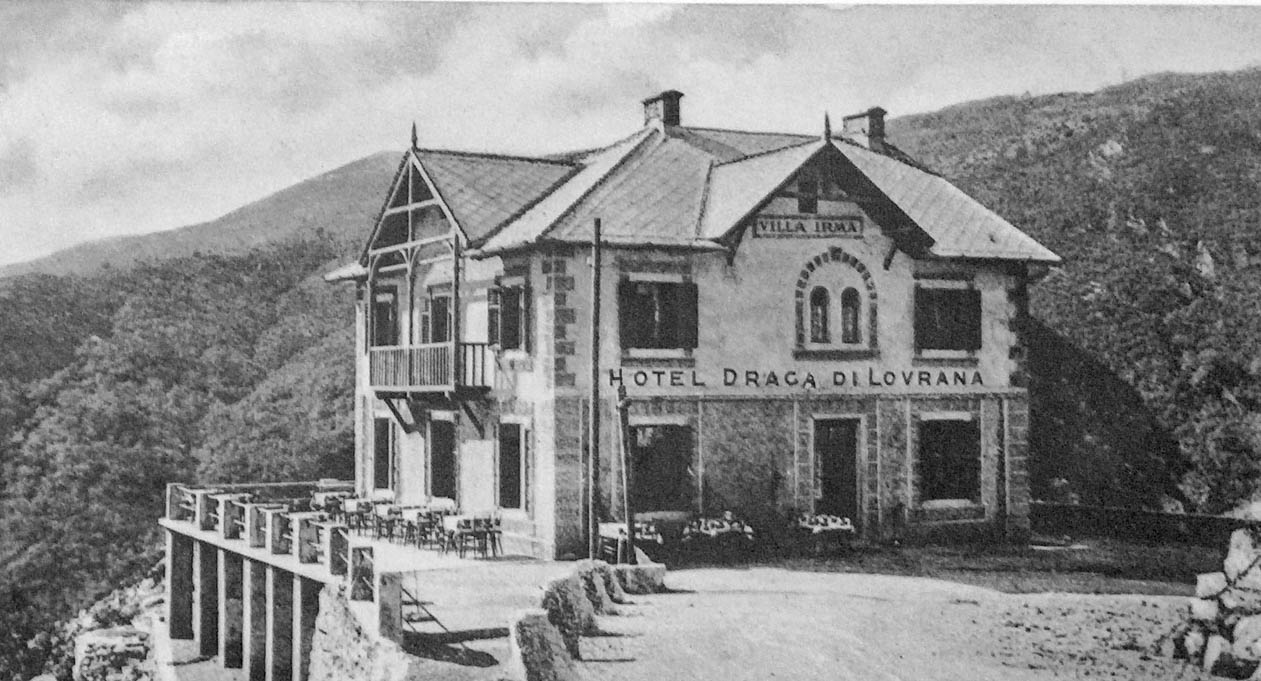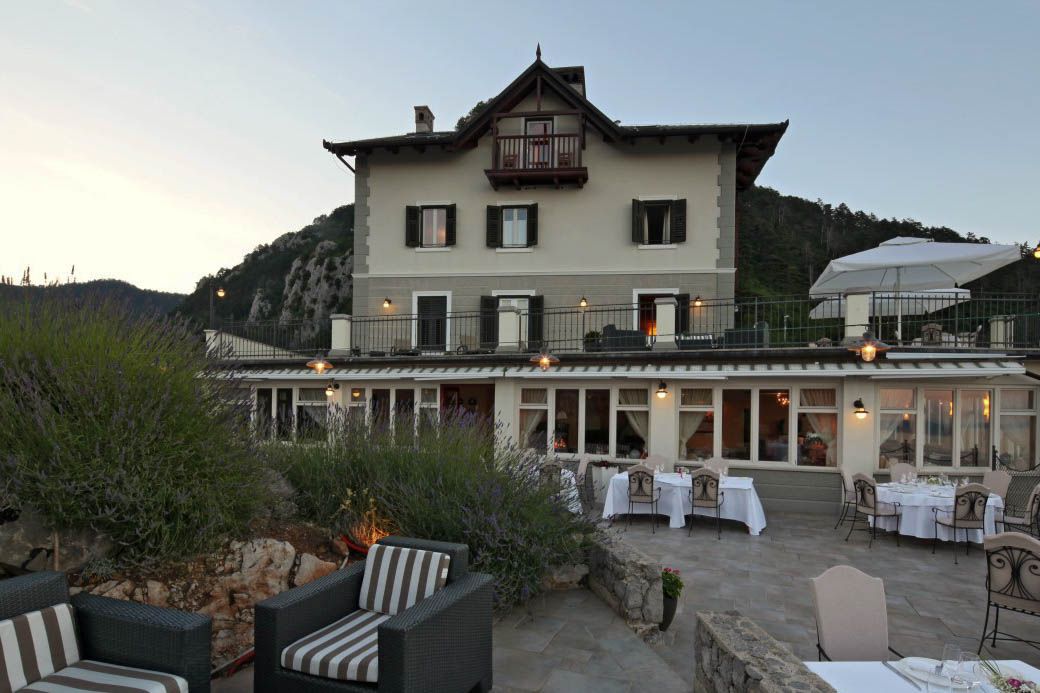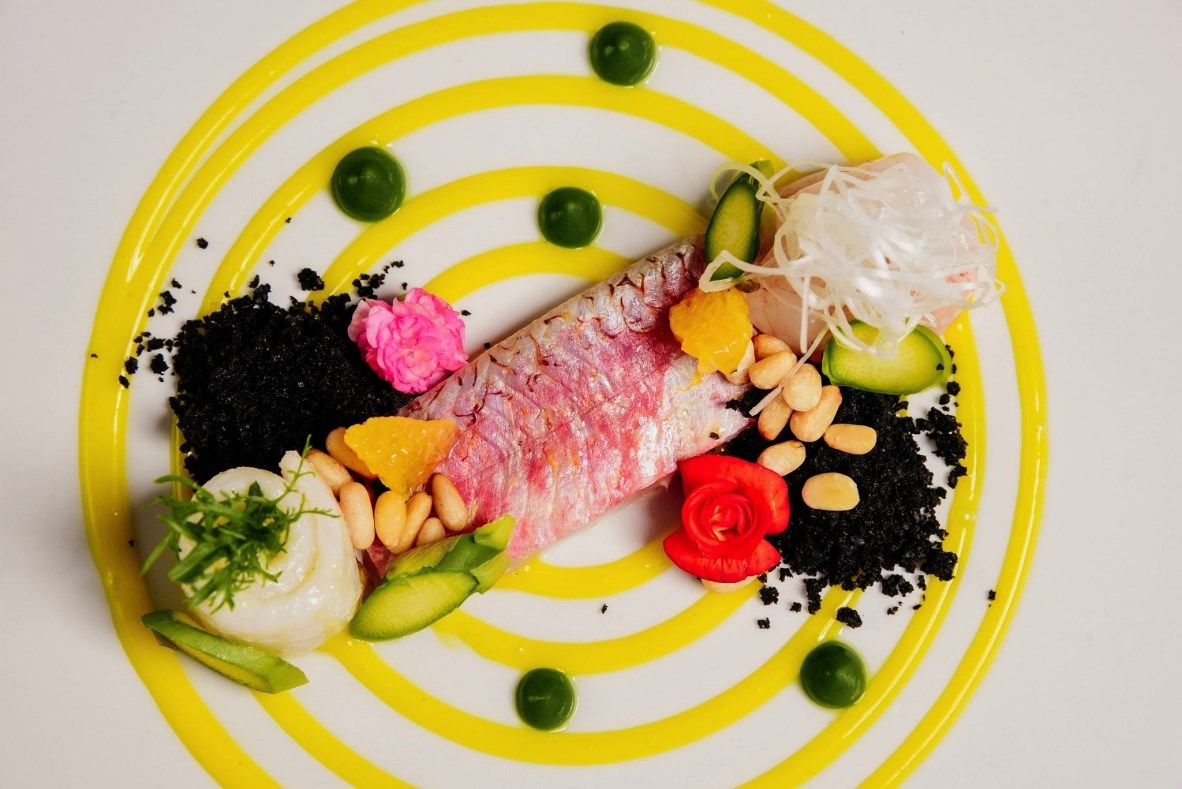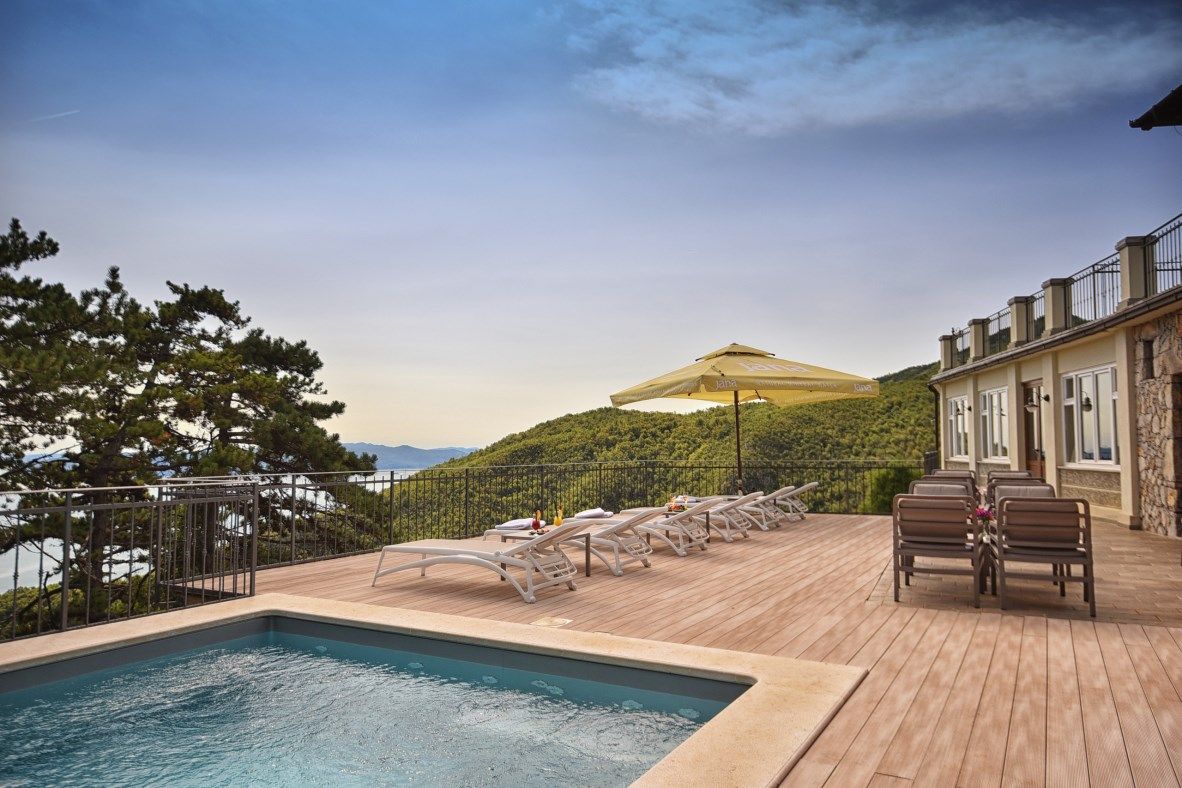Croatian Libraries in a Digital Climate: Conference Held in Lovran
October 8, 2021 - Croatian Libraries in the digital climate was the topic of a conference held in Lovran.
The pandemic and earthquakes of 2020 opened a lot of questions of handling everyday institutions in the not-so-usual times.
One such institution is the library, and Hotel Excelsior in beautiful Lovran (near Opatija and Rijeka on the Western Istrian coast) played host to the 17th edition of the Specialised and Higher Education Library Days. The event lasted from September 30 to October 2. It was organised by the Croatian Library Association (HKD), the National and University Library in Zagreb (NSK) and the University Library in Rijeka with the support of the Croatian Ministry of Culture and Media.
As reported by the University of Zagreb's official website, the focus theme of the conference was the ''Digital Transformation of Libraries in Special Circumstances'' which is divided into four parts and regards digital circumstances.
These topics explored copyright laws, librarian competency, roles, positions, services, and the content of Croatian libraries in the digital era.
''On the last day of the conference, visitors could hear all about the changes in university and higher education libraries in the digital context, not just in terms of the offer but in terms of the legal framework too. These topics were covered by Dr. Tatijana Petrić, while the trends on the development of Croatian universities from a scientific perspective were presented by dr. Miroslav Rajter,'' said the University of Zagreb's website.
Zagreb's NSK has already adapted to digitalisation with the digital library where users can search literature by authors, title, topics or metadata.
Aside from the fact that its faculties have libraries with titles relevant to the field students can study, the University of Zagreb also launched the Hrčak website that offers readers to enjoy Croatian scientific journals and papers, thus allowing access to the scientific content.
Speaking of libraries, any book published in Croatia is required to have an International Standard Book Number (ISBN), which is accessible for free by contacting and filling out the form at NSK, the ISBN is obligatory for every hard copybook. When it comes to digital books, the current law in Croatia states that an ISBN isn't obligatory if the electronic book has no intention of earning commercial money and if it isn't going to be on sale. However, if the author wishes to sell an electronic book and make money from it, then they're obligated to get an ISBN which is assigned for free.
While the development of digital technologies is something that poses a challenge to old reading habits from the library's perspective, the pandemic is also something that limits the physical activities of Croatian libraries. Libraries may no longer hold a vital position for accessing literature, but here in Croatia, they're still valuable for hosting book presentations of Croatian authors (particularly new and lesser known ones who need help in reaching their potential audience).
As TCN covered earlier, the difficulties of 2020 also inspired the country's civil protection services to analyse and adapt to ensuring security ans safety in unexpected situations at a conference in Vinkovci. With the fast-changing day-to-day reality we live in thanks to technology, and the ever uncertain future, it seems 2020 was the wake-up call Croatia needed to be better prepared for what lies ahead in all possible scenarios.
Learn more about famous Croats, including writers in our TC guide.
For more about science in Croatia, follow TCN's dedicated page
Draga di Lovrana: The Haunting of Hill Hotel at Foothills of Učka
The renowned Draga di Lovrana is located at the foothills of the Učka mountain range, just above the eponymous municipality of Lovran. Built on the edge of a cliff, it overlooks the entire Bay of Kvarner, and the view is nothing less than spectacular. To get to the hotel, you have to drive up the serpentine road to an elevation of about 380 meters – for those who don't speak metric, that's a little over 1200 feet – but Draga di Lovrana is indeed "worth every curve," as their motto says.

With an eerie history of mysterious accidents, lightning strikes, fires, and other unfortunate events, the hotel had become notorious for its macabre past and tragedies that have haunted its halls for over a century. In fact, the locals often say that the entire estate is haunted, and that ever since it was built in 1908 by a Viennese entrepreneur Anton Urm, and then intentionally burned to the ground in 1923, it's been as if the house itself had been choosing its new occupants while the ghosts of old ones still roamed around, keeping company with the living.
So is it really haunted? – I asked Dragan, the charming hotel manager, jokingly stating it was only logical that the house named Draga would choose to be managed by someone bearing the same name. And he does take good care of the classic-looking beauty, together with the rest of the personnel, because Draga di Lovrana is in mint condition. It has a special kind of energy, Dragan said to answer my question, and I immediately agreed – its aura is almost tangible.

And even if numerous stories about Draga had some truth to them, it seems the bad luck had turned around in 1978, when the Nikolac family bought the place, with the intention of restoring it to its original splendor. In 2005, the hotel underwent a complete renovation, retaining its historical design.

Over the following years, the owners' vision and hard work have transformed Draga di Lovrana into what it is today – a successful boutique hotel whose restaurant received the Michelin Plate designation in this year’s guide; the newest hallmark of fine dining quality.

Under the creative guidance of chef Deni Srdoč – Gault & Millau Young Talent of the Year 2018 – the restaurant offers mostly seasonal food, combining gourmet cuisine with traditional flavors, using only top quality, hand-selected local produce, while all the fish comes from the Nikolac family's fishing business.

Apart from the amazing lodging options and an outstanding cuisine, with such a romantic setting suitable for the most intimate celebrations, Draga di Lovrana is also known for organizing weddings and various other gala events.

Today, this magical place seems to be haunted only by good spirits, and it stands there proudly defying time, inviting anyone to visit and experience their own kind of happy ending.
Keep up with our lifestyle page for more.
Marunada Brings Tourists and Locals to Lovran
The Guardian declared it as one of the ten best autumn events in Europe.
Maritime Heritage: Traditional Wooden Boat of Lovran Granted EU Funding for Renovation
A traditional pasara boat built in 1954 will be renovated in Lovran with the help of EU funds
Clinic in Lovran First in Croatia to Implant 3D Printed Shoulder Joint
Owing to innovative technology and the talented surgical team, the 60 year-old patient will regain his former quality of life
Celebrating Autumn: Chestnut Festivals in Croatia
Chestnut Festival, which is locally known as kestenijada or marunada, is a very popular type of food festival in October in Croatia.


